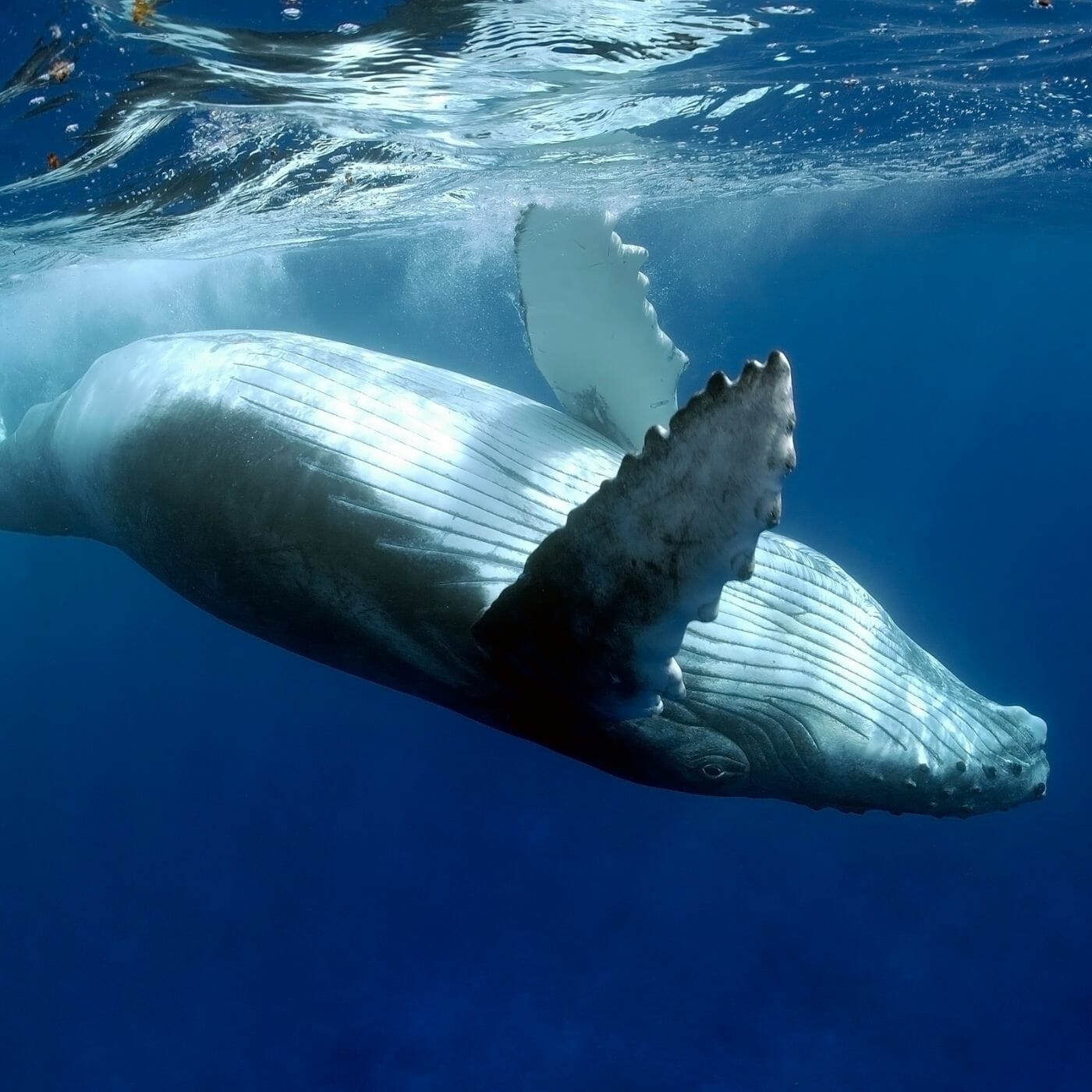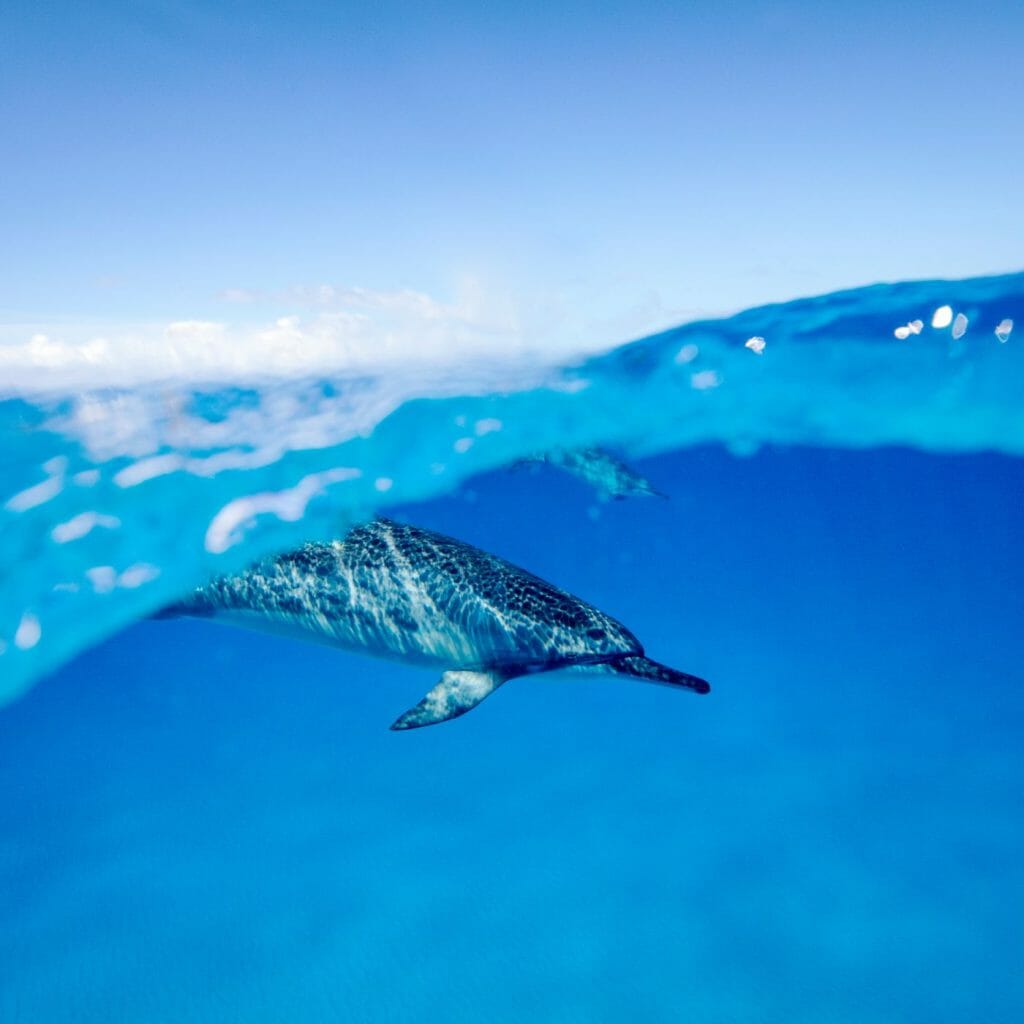Underwater Noise is A Threat To Marine Life

Underwater Noise is A Threat To Marine Life.
Published via Sustainability Times
Oceans are full of sound. Waves, earthquakes, and calving icebergs all contribute to the underwater soundscape. But so do human activities, and this can be a problem for marine life as it can seriously affect their physiology, behavior, reproduction, and even survival.
Being able to produce and detect sound in an environment where light penetrates only a few hundred meters is crucial for animals to communicate, feed, avoid predators, and navigate vast underwater habitats. Large whales generate low-frequency communication calls that can travel thousands of kilometers. While the snapping shrimp, native to the western Atlantic, can produce a loud snapping sound capable of stunning and killing its prey.
The noise generated by humans changes the natural acoustic environment of our oceans, and our capacity to produce it is increasing. Noise is often the unintentional byproduct of transport, infrastructure development, and industry.
Yet noise can also be produced deliberately. Many navies use sonar to detect ships and submarines, while geologists use seismic air guns to survey the seabed for oil and gas. . The noise produced by an air gun can exceed 200 decibels (louder than a gunshot at a range of one meter).
Sound travels further and four times faster in water than in air (at a speed of almost 1,500 meters per second). The noise produced by humans can therefore spread considerable distances underwater. These sounds can be relatively constant, such as the noise produced by a ship’s engine and propeller, or sudden and acute in the case of naval sonar and seismic air guns.

Can Underwater Noise Kill?
The sound produced by a seismic air gun can cause permanent hearing loss, tissue damage, and even death in nearby animals.
Evidence for the lethal effects of noise can be hard to document in the open ocean. But seismic surveys have been linked to the mass mortality of squid and zooplankton. In 2017, research revealed that a single air gun caused the death rate of zooplankton to increase from 18% to 40–60% over a 1.2-kilometer stretch of the ocean off the coast of southern Tasmania.
OMTimes Magazine is one of the leading on-line content providers of positivity, wellness and personal empowerment. OMTimes Magazine - Co-Creating a More Conscious Reality




